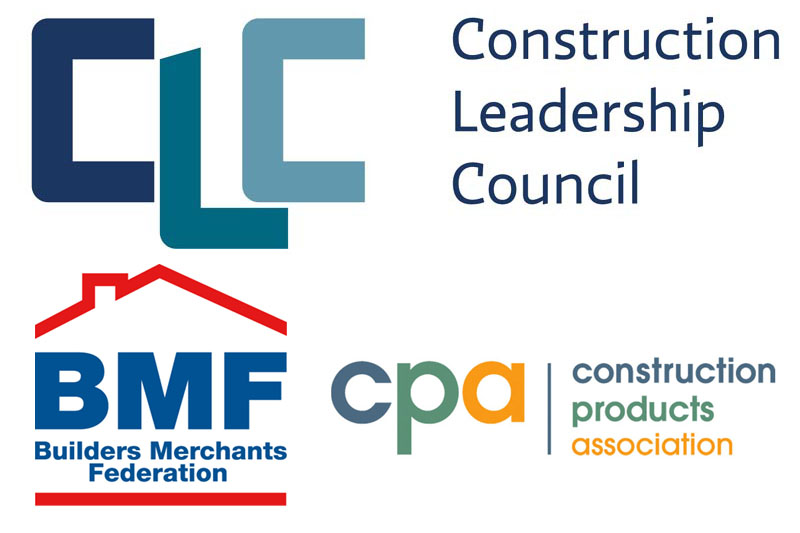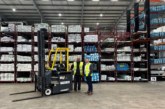
The co-chairs of the Construction Leadership Council’s Product Availability working group — BMF CEO John Newcomb and Peter Caplehorn, CEO of the Construction Products Association — have issued their latest statement (31 May, 2022).
Price inflation and a diminishing labour supply are now of greater concern than product availability in most construction sectors. In terms of availability, little has changed since our last report, with a good supply of most products and materials. Ongoing challenges continue to affect bricks, aircrete blocks, roof tiles, chipboard flooring, gas boilers and other products requiring semi-conductors within sub-components, all of which will be subject to longer lead times throughout the year.
The market is becoming more adept at managing supply of these critical products, and the long-term nature of some of the underlying issues. Although there are reports of delays in supply of boilers leading to extended completion times in new housing, new semi-conductor capacity is coming on stream in late 2023/2024, and expansion in existing capacity will feed into the market over the same timescale.
Demand remains strong in all areas, and this is set to continue into the autumn, although some product forecasts now anticipate a slight slowdown in housing starts towards the end of the year, stemming from rising prices and concerns about affordability. Home improvement work will depend on levels of consumer confidence as costs of living rise.
Members of the group raised concerns regarding the threatened rail strike. This will affect aggregate and concrete deliveries to major infrastructure products, highlighting the need for government to prioritise transport of construction materials should the strike go ahead.
There is, however, some good news from parts of China. With Shanghai gradually removing covid restrictions, production should normalise in that major industrial region by mid-June. Shipping analysts warn, however, that this may exacerbate the current bottlenecks in deliveries to the West.
Across the board, managing price volatility and labour are now the biggest issues.
Although labour shortages are affecting manufacturers, the greatest concern is expressed by housebuilders and SME builders, as it takes at least three years to train a skilled tradesperson.
The cost of energy and fuel are major drivers for price volatility. Initial results of the Group’s horizon scanning exercise suggest energy hedges are short term and very significant increases are expected to come through quite quickly. This will particularly affect energy-intensive products including steel, glass, plasterboard, cement, ceramics and porcelain.
Although steel prices have come down slightly, since initial disruption following the outbreak of war in Ukraine, energy prices remain a major issue and price volatility will continue. Market prices will also be affected by the Indian Government’s unexpected increase to export duties on iron ore and steel, effective from 22 May.
The CLC group will continue to actively engage with energy intensive manufacturers over the coming months, and closely monitor market conditions and the impact of any further price increases and volatility.
Four more CO2nstruct Zero Business Champions
In related news, an additional four firms have committed to help drive carbon out of the industry as part of the Construction Leadership Council’s CO2nstruct Zero campaign. The initiative is designed to “bring together businesses from across the sector to deliver the change needed to reduce carbon use in construction” and includes a roadmap for change along with clear measures to show how industry is performing against this.
Joining more than 80 other companies from across the industry, the latest firms that have committed to become CO2nstruct Zero Business Champions are MKM Building Supplies, Graham, Heron Bros and Skanska UK. The Champions each “set out how they are driving down carbon in their business, and work to share this good practice with industry”.
CLC Co–chair Andy Mitchell said: “I am delighted that more than a year on from launch we are seeing no let–up in support for CO2nstruct Zero. As we start to see detailed activity across the sector to drive radical change in areas such as low–carbon concrete, diesel use reduction, and low carbon funding and finance, these Champions will play a key role in promoting better ways of working for everyone”
Click here for more news from the Construction Leadership Council.









